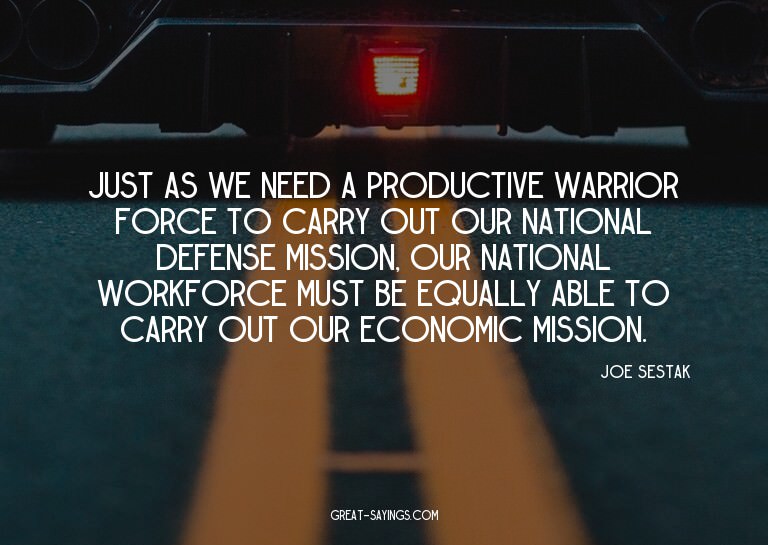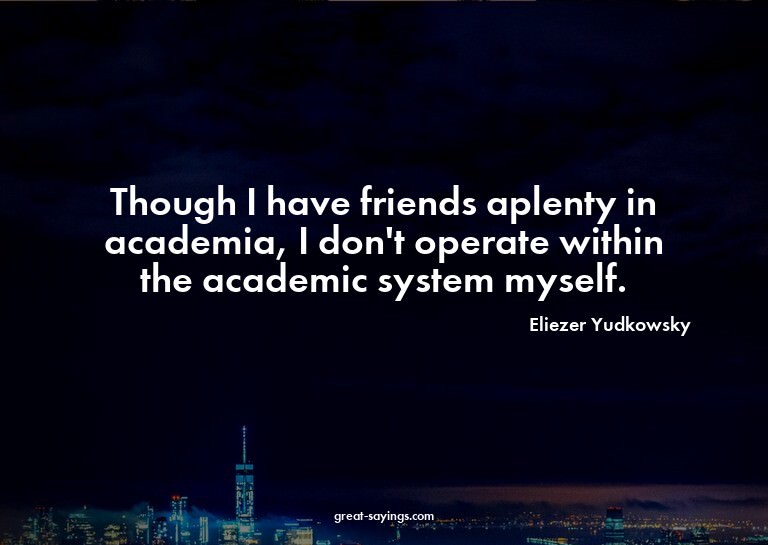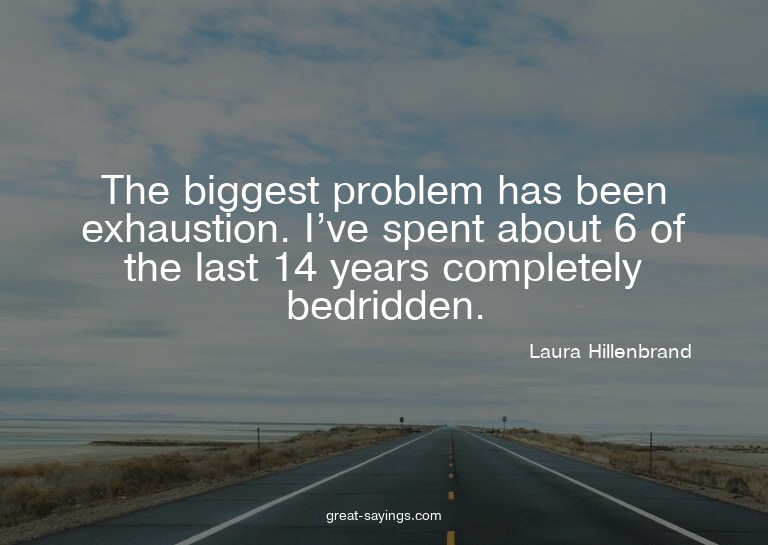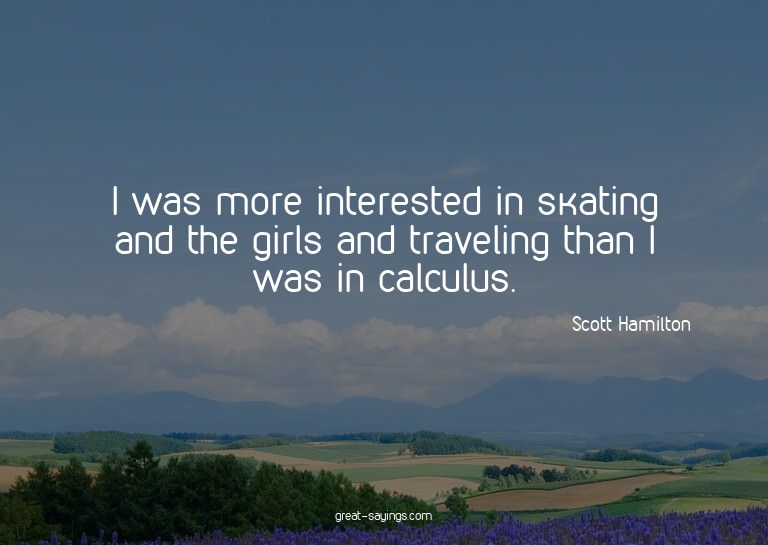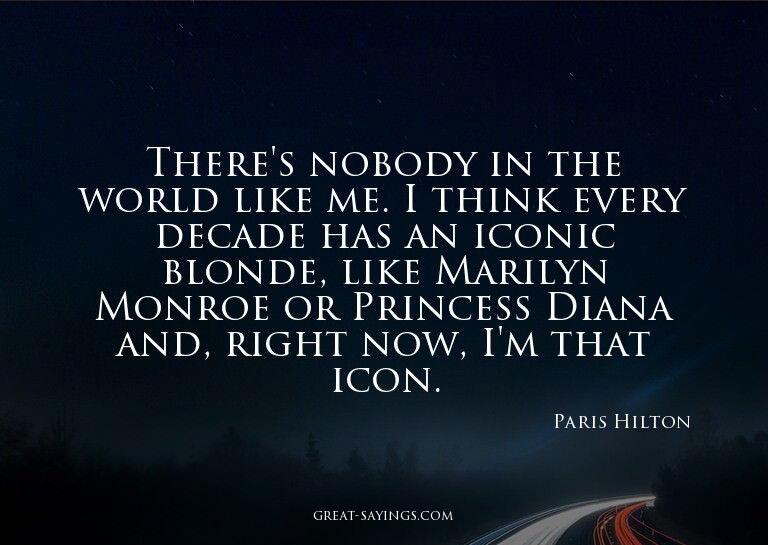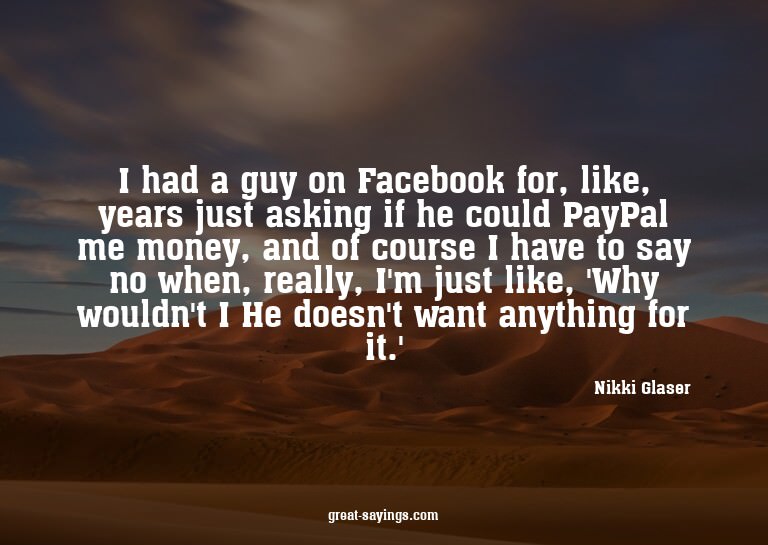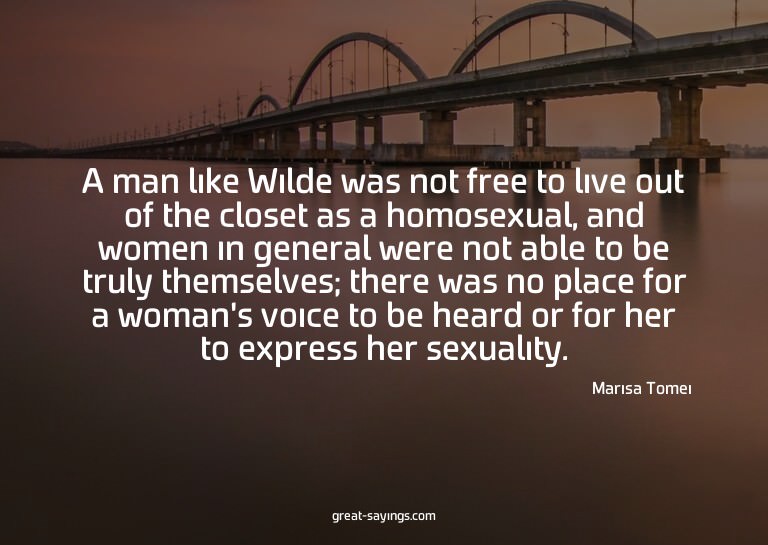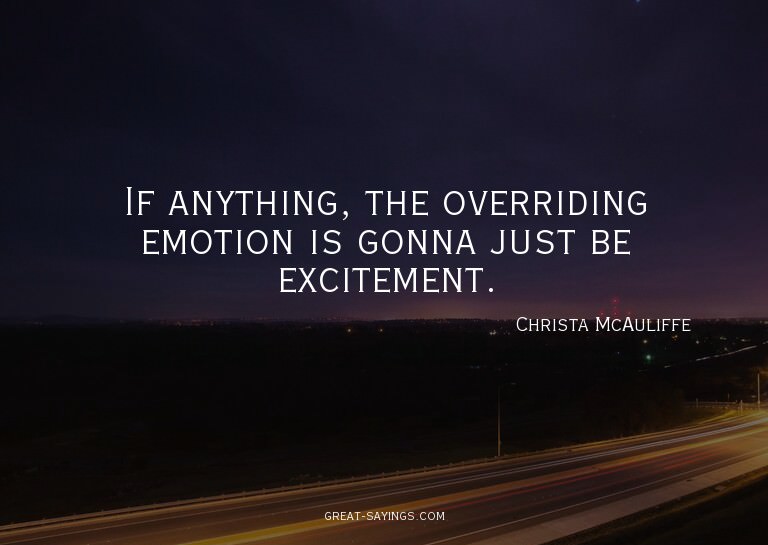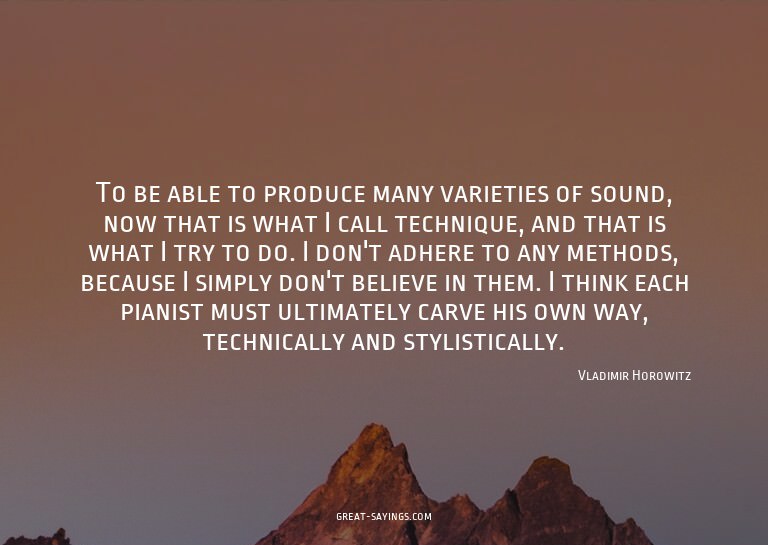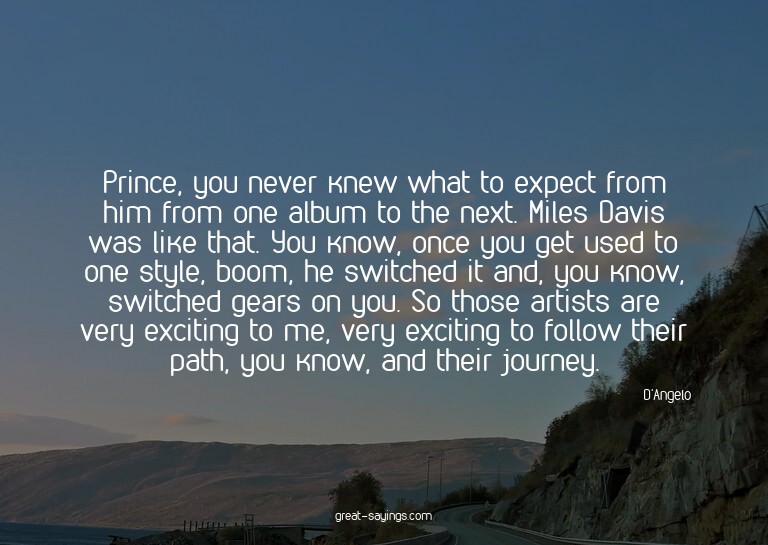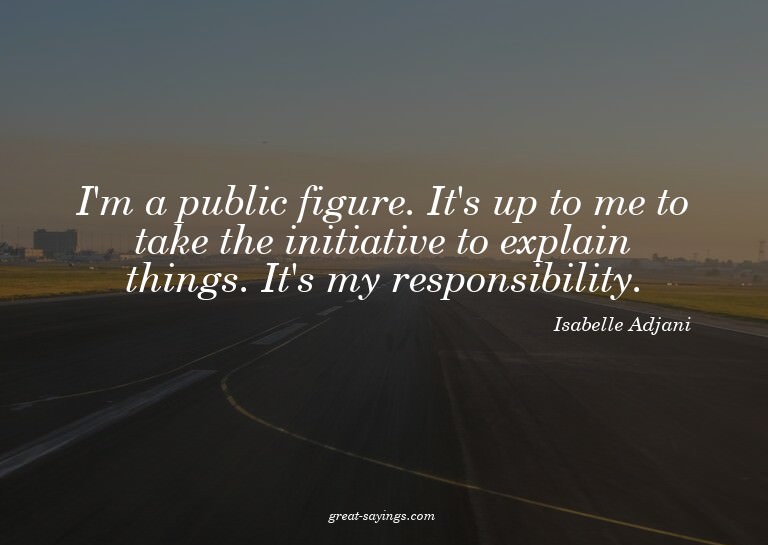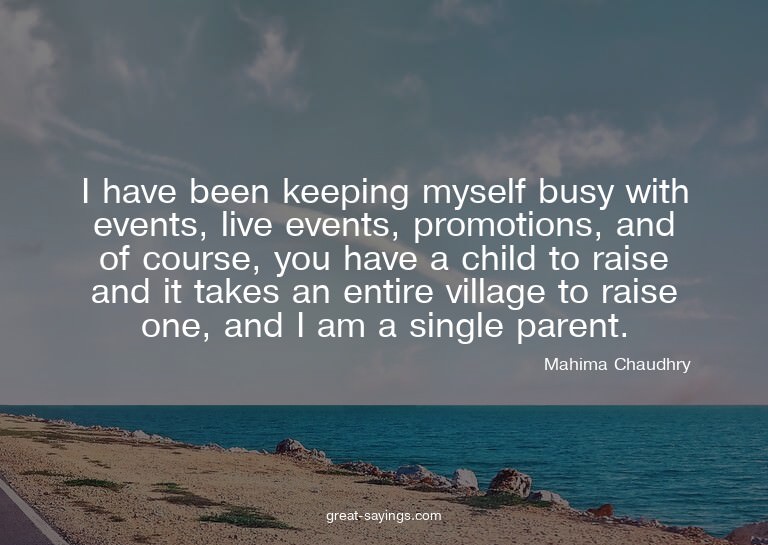Words matter. These are the best Hans-Ulrich Obrist Quotes, and they’re great for sharing with your friends.
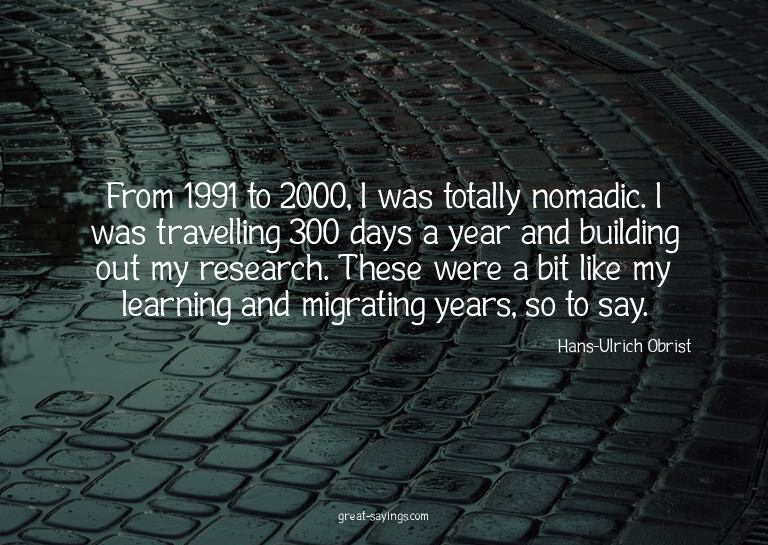
From 1991 to 2000, I was totally nomadic. I was travelling 300 days a year and building out my research. These were a bit like my learning and migrating years, so to say.
To keep art stimulating, it’s important to open it up to new horizons, which includes showing it in unexpected contexts.
I met Gerhard Richter and Alighiero Boetti when I was a teenager, and I was really inspired by them. When Boetti died, I realized I only vaguely remembered so many things he told me. It was such a pity. Had I only recorded his voice, he would still be with me, and I could listen to it from time to time.
Everything I do is somehow connected to velocity.
I see a curator as a catalyst, generator and motivator – a sparring partner, accompanying the artist while they build a show, and a bridge builder, creating a bridge to the public.
Mr. Koons’s work has always inspired architects, which I think is very interesting. I think he is an artist who has reinvented himself so many times and reinvented so many different series.
Switzerland felt incredibly narrow, growing up. It was good, in a way. There were so many museums. But it was always a no-brainer that I would have to leave, and I’m grateful for that.
I went to the studio of Fischli Weiss, and it was magical. I thought: ‘This is what I want to do with my life; I want to work with artists and be useful to them.’ I was magnetically attracted.
It’s quite an obscure notion for a kid, no? To want to be a curator. But even then, I knew that I would do this.
I would go from one city to the next, inspired by the monks in the Middle Ages, who would carry knowledge from one monastery to the next monastery.
I think the art fair is very much a form of urbanism. I think something really happens to the cities when such a fair happens. The city becomes an exhibition; it’s amazing.
I founded a club, which is called the Brutally Early Club. It’s basically a breakfast salon for the 21st century where art meets science meets architecture meets literature.
One of my favourite exhibitions is called ‘Do It,’ which I co-curated with the artists Christian Boltanski and Bertrand Lavier 21 years ago.
Since 2000, I’ve been based in Paris at the Musee d’Art Moderne de la Ville, curating the programme there. Internationally, it’s a very open situation that goes beyond national boundaries; directors and curators move from one country to another, which has opened up the museum landscape.
During my time at high school and university in Kreuzlingen and St. Gallen, I traveled around Europe looking at art, visiting artists, studios, galleries and museums.
Making art is not the matter of a moment, and nor is making an exhibition; curating follows art.
I always have coffee and porridge for breakfast.
The non-utility of my kitchen could be transformed into its utility for art. To do a show there would mix art and life, naturally.
Fly-in, fly-out curating nearly always produces superficial results; it’s a practice that goes hand in hand with the fashion for applying the word ‘curating’ to everything that involves simply making a choice – radio playlists, hotel decor, even the food stalls in New York’s High Line Park.
For me, the making of exhibitions has always had to do with dialogue: a concentrated, in-depth, focused dialogue with artists, who keep teaching me that exhibitions should always invent new rules for the game.
I’m very interested in the idea of unusual museums, ones that are not necessarily contemporary art museums – more like historical collections or house museums.
I still remember my first Giacometti exhibition, and going back to the museum every day, whenever I could, to look again and again at these long, thin stick figures, so beautiful, so graceful. That, I think, was the moment I became really obsessed by art.
The 21st-century curator works in a supremely globalised reality.
For me, the idea of curating can be expanded. Curating science, curating art, music and theater and performance and not only bring those things into art but bring art into those areas.
I read whenever possible, and I buy books all the time, sometimes online, but mostly from bookshops. I love literature. If you want to understand art, it’s important to understand what is also happening in literature, in music, in science, in architecture.
There is nothing deeper than to work for a year with the same artist.
At a certain time, an artist needs a big retrospective. At other times, they need a more focused exhibition. It’s a different story each time; it’s about establishing a dialogue.
In this new age of GPS, Google Earth and multidimensional digital maps, mapping is suddenly hugely relevant again.
Alex Poots has always made a bridge between highly experimental and the mainstream.
I spent 250 to 300 days of every year on the road. But in the end, I felt something was missing. I needed to be anchored so I could concentrate, so in 2000, I established a new methodology – the one I use today. I spent the week in my office and travelled every weekend, even at Christmas.
I don’t wake up in the morning and think about Franz Kline.
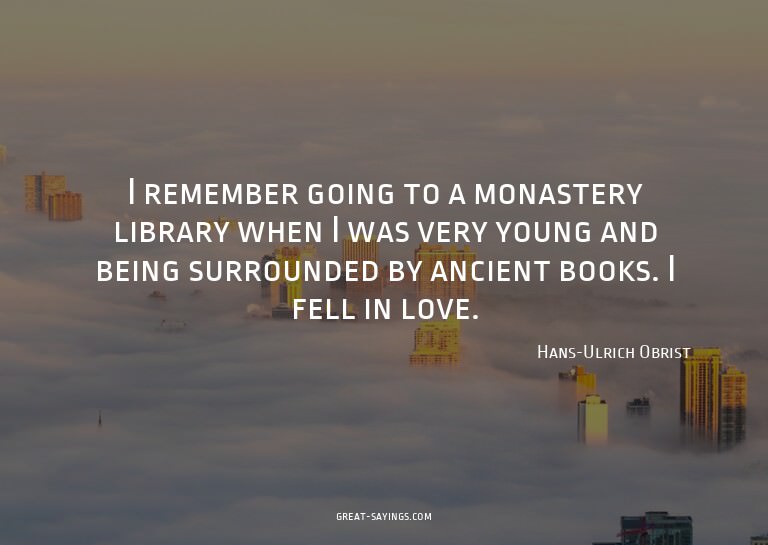
I remember going to a monastery library when I was very young and being surrounded by ancient books. I fell in love.
Exhibitions are kind of ephemeral moments, sometimes magic moments, and when they’re gone, they’re gone.

